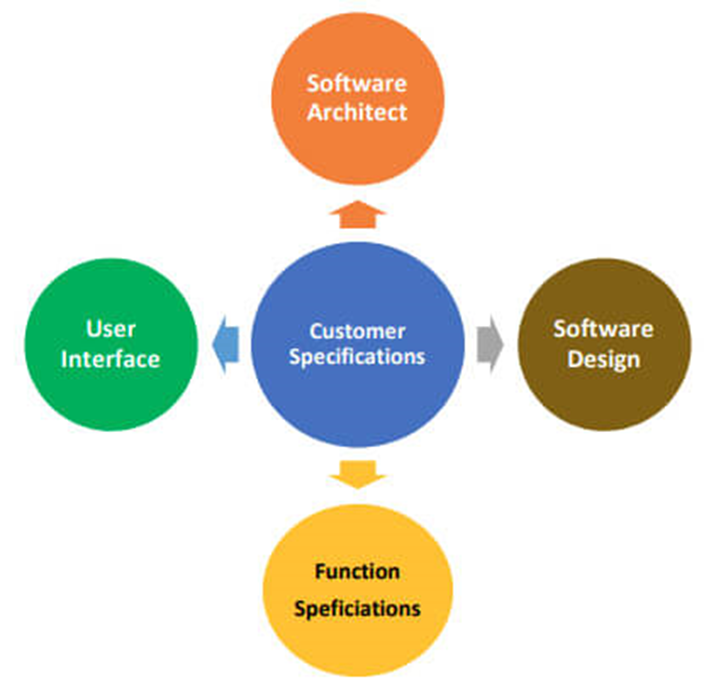Explain STLC with an example.
STLC –Software Test Life Cycle defines what testing activities to perform during the duration of the project. It is formalized by defining various phases of the testing process throughout the project. In modern, software products the STLC is repeated multiple times till the product reaches satisfactory software quality.
As in SDLC, there are different phases in in STLC
Lets understand each phase one by one:
Requirement Analysis:
In this phase the QA team performs following activities:
· Understands requirements from the testing point
of view to identify testing requirements of the project.
·
Develop a better understanding of the desired
software product.
·
Quantify the requirement testability via manual
testing or automation.
·
Identity types of tests to be performed
·
Create a requirement traceability matrix.
Test Planning:
Following activities are performed in this phase:
·
Analyze various test approaches.
·
Create a test plan.
·
Prioritize test conditions.
·
Identify test tools.
·
Test effort estimation.
·
Resource planning
Test Design:
Following activities are performed in this phase:
·
Prioritisation of test conditions
·
Design the high level Test Case
·
Designing of Test environment
·
Identification of Tools and Infrastructure
·
Refine test conditions identified in the test
analysis
Test Implementation:
Following activities are performed in this phase:
·
Designing of low level test cases
·
Detailed test procedures are defined.
·
Sequencing of test procedures is
done.
·
Test suites are identified
·
Test execution schedule is prepared
·
Service virtualization of automated scripts are
created
·
Creation of verification of test data and test
environment is done
·
Expected results are defined.
Test Execution:
Following activities are performed in this phase:
·
Categorize every test case or procedure into
following categories
o
Pass
o
Fail
o
Blocked
o
Ready to Run
o
Skipped.
·
Defect reports are created
·
Detailed documentation about which test items,
objects, tools and test ware are involved in testing.
·
Once test execution is complete, we know
that
o
Which requirements are passed.
o
Which requirements are failing and what are
corresponding defects.
o
Which requirements are planned to be tested
· It gives better understanding to all the
stakeholders about the state of the product.
Test Completion:
Following activities are performed in this phase:
·
Test Summary reports are generated,
·
Action items for improvement of product are
identified.
· Change request are created
· Product backlog items are added.


Comments
Post a Comment